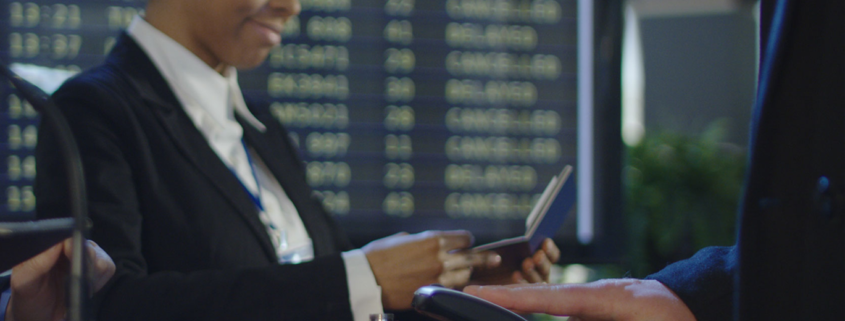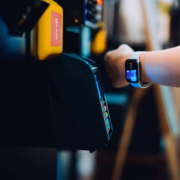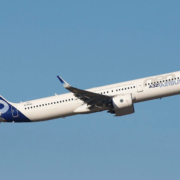Future technology for airlines
Making security checkpoints more efficient is the airline industry’s focus for modernizing check-in processes and risk assessment for the common passenger.
Implementing biometric technology, and improving RX analysis software on baggage, supported by the data provided by the travelers themselves and that can be more easily verified together with the data in passports, will undoubtedly be a great advance in the screening of airport passengers, who will even be able to carry in their carry-on bags, toothpaste, nail clippers, laptops and even check-in without removing their shoes or jackets.
By standardizing these processes and technologies at airports, travelers will be able to rely on a much greater security base than at present while benefiting from faster screenings, and airports will rely on technology, optimizing resources more efficiently and requiring fewer specialized personnel.
However, specialists have stated that these new systems are not based on racial or religious data, but are an update of the current systems that, supported by human observers, will provide a more efficient service for the facilities and undoubtedly for passengers who minimize their waiting times at airport facilities.
In a continuous commitment to R+D+I, the airline industry seeks to satisfy its passengers by providing higher quality services and thus building the loyalty of millions of passengers who travel year after year.
But industrial digitization now allows having huge databases and analysis systems that are supported by artificial intelligence that can become a great ally that greatly facilitates the daily work of employees on the ground, finding unattended market niches and in turn providing the necessary security required by the industry in its risk assessments.










Leave a Reply
Want to join the discussion?Feel free to contribute!